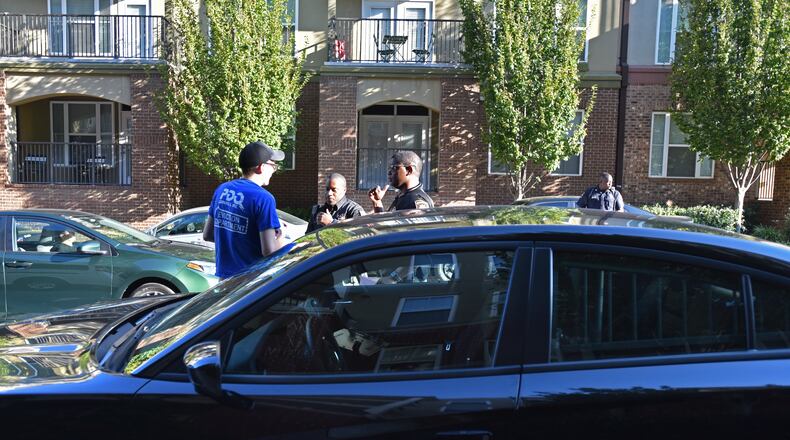Here is a new data point to add to Atlanta's growing housing woes: Atlanta has one of the highest eviction rates in the country.
The city ranked third in the nation with an eviction rate of 5.7 percent from 2015 to 2017, in a recent survey from Apartment List, Inc.
Memphis, Tenn. ranked first, followed by Phoenix, Ariz. in second place. Among the sample of the top ten metro areas with the most evictions, Atlanta also had the second highest poverty rate in 2016 and the third highest rate of foreclosures from 2007 to 2008.
Eviction rates in Atlanta were highest among those with low-incomes (8.3 percent) but could also be found among high-income earners (2.7 percent).
In Fulton County, the eviction rate was 22 percent or one out of four houses receiving an eviction notice each year. Neighborhoods such as East Point, College Park and Union City had eviction rates well over 40 percent.
An estimated 3.7 million Americans have faced eviction. Black households and households with less than a college degree were disproportionately represented. Households with children ( whether parents are single or married) are twice as likely to face an eviction threat. In this case, money that may have gone to pay rent is often funneled toward child care costs which can take up to 20 percent of household income.
For metro area residents, rents have increased at a faster rate than incomes, leaving many people unable to afford their rent . Missed rent is the leading cause of eviction and eviction is a leading cause of homelessness. While some renters may manage to scrape up enough for the monthly rent, it often means they are giving up other basics such as transportation or food.
Even though eviction rates are difficult to measure (court records can show legal proceedings but do not reveal informal evictions), Apartment List, Inc. culled data from more than 41,000 individuals asking specific questions about evictions in the past three months to the past year and the reasons for the eviction.
About the Author
Keep Reading
The Latest
Featured


